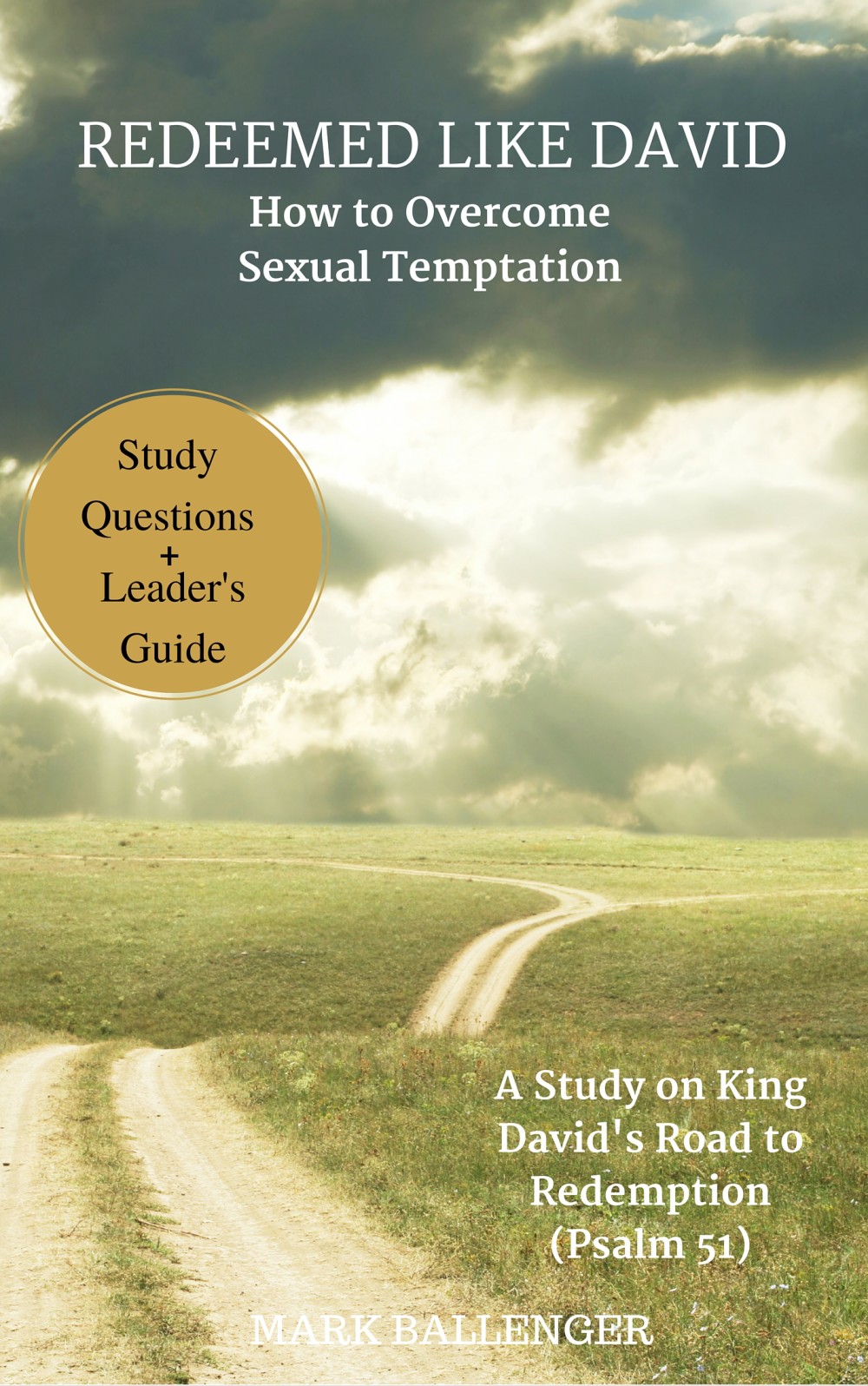
There are so many great churches out there who are transparent, responsible, and wise with the finances God has entrusted to them. Unfortunately, finances are also one of the top down falls for churches as well.
Here are five financial red flags to look for in a church.
1. Are You Giving Money “To Jesus” or “For Jesus”?
In reality, tithing is about giving your money to a church “for Jesus.” The name “Jesus” is not on the memo line. Whenever the idea emerges that giving to a church is giving to Jesus, huge problems are typically not far behind.
When a pastor gets on stage and preaches a motivating sermon about giving to Jesus, in subtle way he is causing the people to equate Jesus with the pastor or Jesus with this specific church. This was the problem pre-Reformation. The Catholic church was placing itself between individual believers and God; when a pastor says to give your money “to Jesus” and then passes around the offering plate, he too subtly becomes a mediator that should not exist.
Additionally, giving your money “to Jesus” when you are giving your money to the church makes it seem impossible to question the churches use of money. I’ve literally known pastors who have bashed people who asked about the use of church resources, “How dare you question the church. This is Jesus’ money. It’s not your concern how God uses his money.”
(Luke 12:33, Colossians 3:23,1 Corinthians 9:7-14, 2 Corinthians 8:19-24, 2 Corinthians 9:1, 2 Corinthians 9:11-15)
2. Does the Church Show Extra Attention to the Rich?
If the only people permitted over the pastor’s house are potential donors, if the only time anyone calls you from the church is if your tithe has been missing for the past few weeks, if the only people praised from the pulpit are those who have given faithfully, or if the board is used as a place of prestige for those with enough finances to qualify – this is a red flag.
Throughout the pages of Scripture, God instructs his church to never show favoritism, including economic favoritism. For geographical reasons, most churches will probably have many people of similar economic status, but this should not be by design. A healthy church should never have only one economic status within their membership ranks. Whenever possible, a healthy church goes out of its way to embrace people regardless of their wealth or lack of wealth.
(James 2:1-7, Luke 21:1-4,Matthew 5:42, 1 Timothy 6:17-19, Acts 4:32-35, Proverbs 22:16)
3. Does the Church Have a “Build it and they will come” Mentality?
People love money because they think money is powerful. We all worship what we think has the most power to bring us happiness and protection. If you are a pastor, a part of your job is to grow the church. But if you are a pastor who loves money, you will try to grow the church through more money, material possessions, and flashy technology.
 There’s nothing inherently wrong with a new building, new sound boards, or new intelligent lighting. But when the church believes if they have enough cool material things more people will come, this is a red flag. In this scenario, God has been replaced with money. God alone brings growth.
There’s nothing inherently wrong with a new building, new sound boards, or new intelligent lighting. But when the church believes if they have enough cool material things more people will come, this is a red flag. In this scenario, God has been replaced with money. God alone brings growth.
A church should act like a healthy family unit. A family unit should not reach out to massive outside donors to buy a bigger house. Rather, a family should buy a house that is reflective of their current budget. Likewise, a church who tries to increase their budget to bring more people rather than focusing on people (which will then naturally increase the budget as more new members give) is a dangerous church.
(Matthew 6:24, Matthew 6:33, Mark 6:8, Ecclesiastes 5:10, Proverbs 11:4, Proverbs 13:11, 1 Corinthians 3:7, 2 Corinthians 8:9)
4. Does the Head Pastor Live a Lifestyle Vastly Different than the Rest of the Church?
A tithe is traditionally ten percent of the church member’s income, and typically most of the church’s resources come through tithe. Common sense, therefore, would conclude that a pastor should make around the same amount of money as those he pastors. If the pastor’s income puts him at the bottom of the church’s economic spectrum, the church is failing their pastor. However, if the pastor is at the top of the church’s economic spectrum, often times the pastor is failing the church.
If the pastor works in at an inner city church, the pastor should make around the same amount of money as those he serves in the inner city. If the pastor, however, works in a wealthy suburban church, something would be really wrong at the church if this pastor makes the same amount of money as the pastor in the inner city. The pastors financial lifestyle should be reflective of the community he serves.
(Galatians 6:6, Acts 2:44-45, 1 Timothy 3:1-7, 1 Timothy 5:17-18, 1 Corinthians 9:9-14)
5. Is There a Lack of Financial Transparency?
A healthy church makes financial decisions based upon a group of leaders who include the congregation’s support. An unhealthy church will be run by just one person who does whatever he wants. Every dollar should not only be accounted for in a healthy church but be held accountable for, and members of the church should have a clear understanding of how tithe dollars are spent.
Each church will handle this differently, but if you ask about finances and your church gets mad at you, you are definitely at an unhealthy church. A healthy church delights to give an account for its use of money because it should be an easy check-mark, proving it indeed is a healthy church. If you’re getting the cold shoulder when you ask about money, that’s always an unhealthy sign.
(Matthew 25:14-30, 1 Corinthians 16:1-4, 2 Corinthians 12:12-14, Galatians 6:6, 1 John 1:5)
You may also like:
Get your copy of Redeemed Like David and access to all of our eBooks. It's completely free - my gift to you. (Study Guide and Leader's Guide Included)
Type in your email address and a copy will be sent right to your inbox.
Paperbacks (with study questions and a leader's guide) are sold for $9.99 on Amazon.
